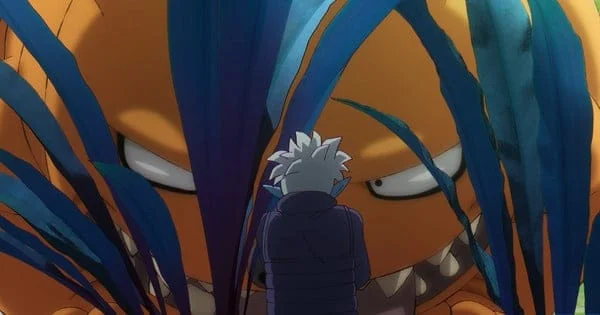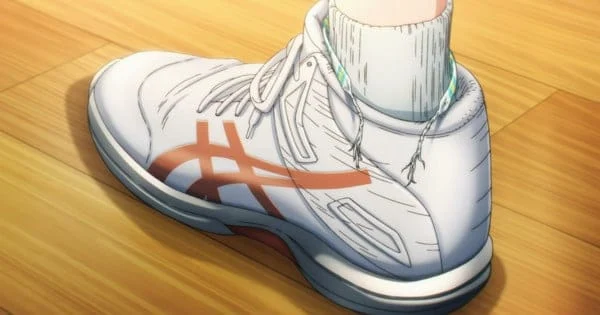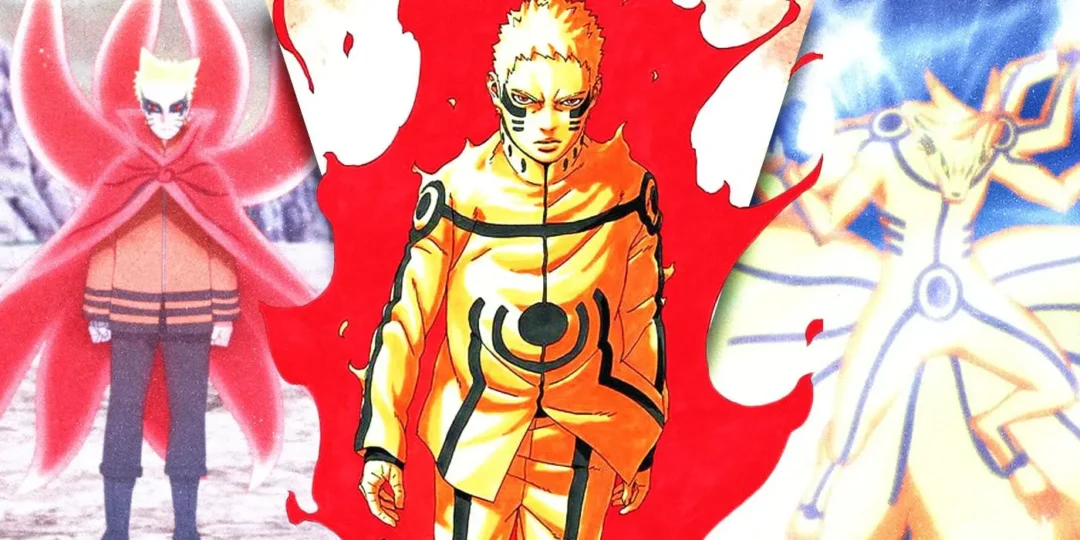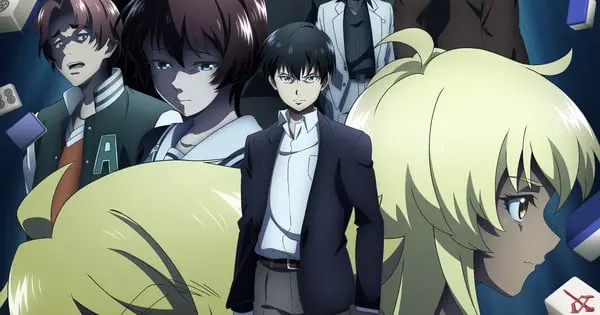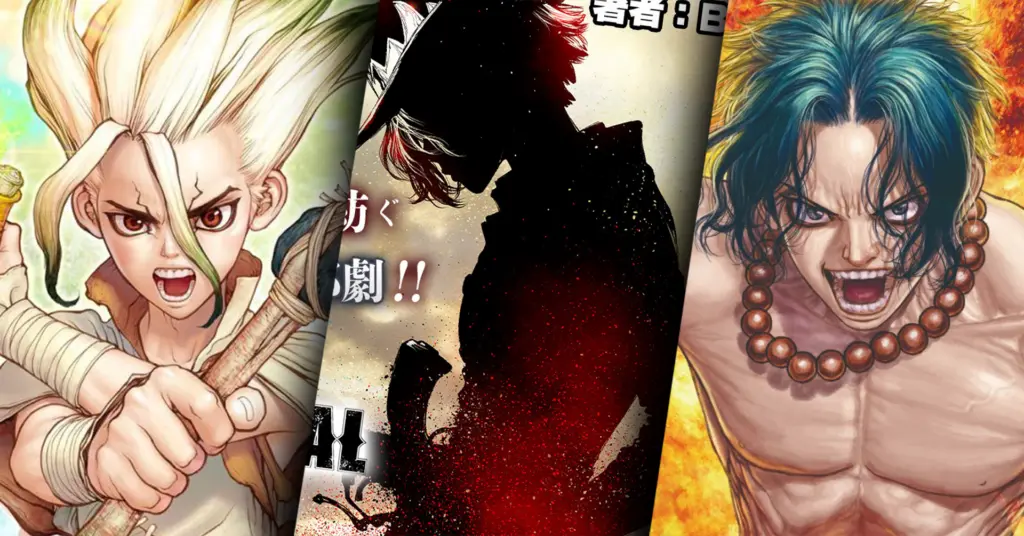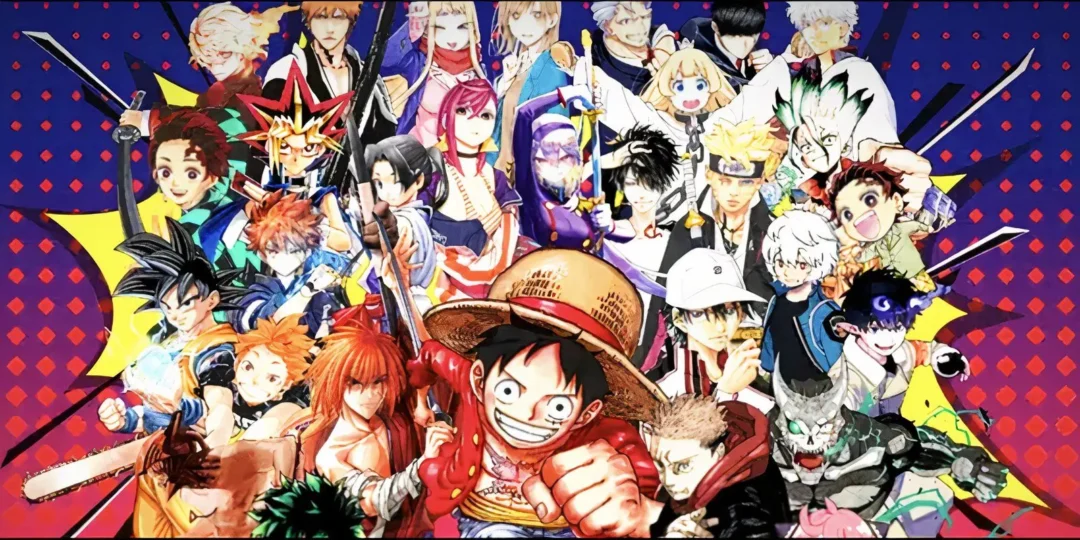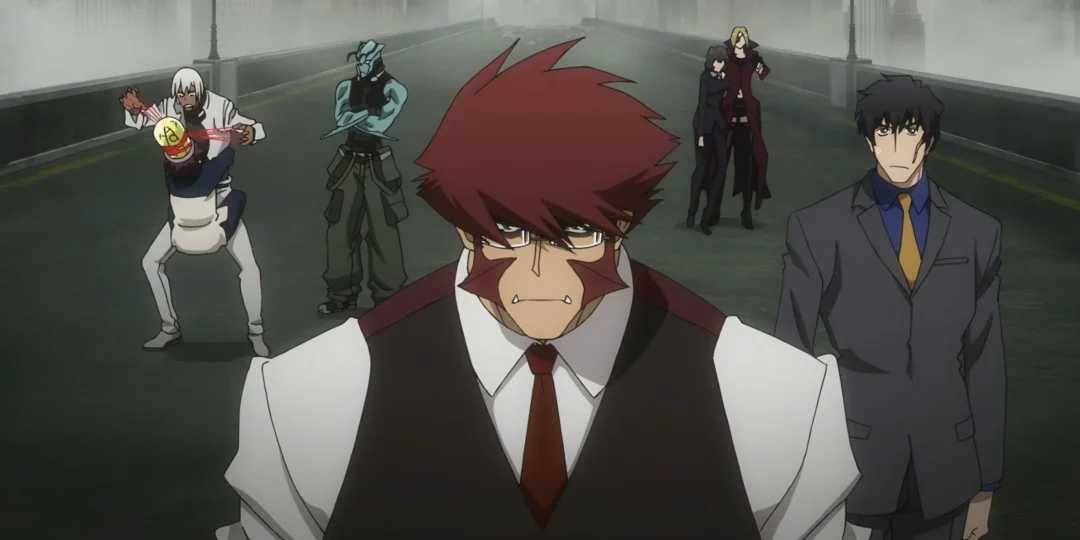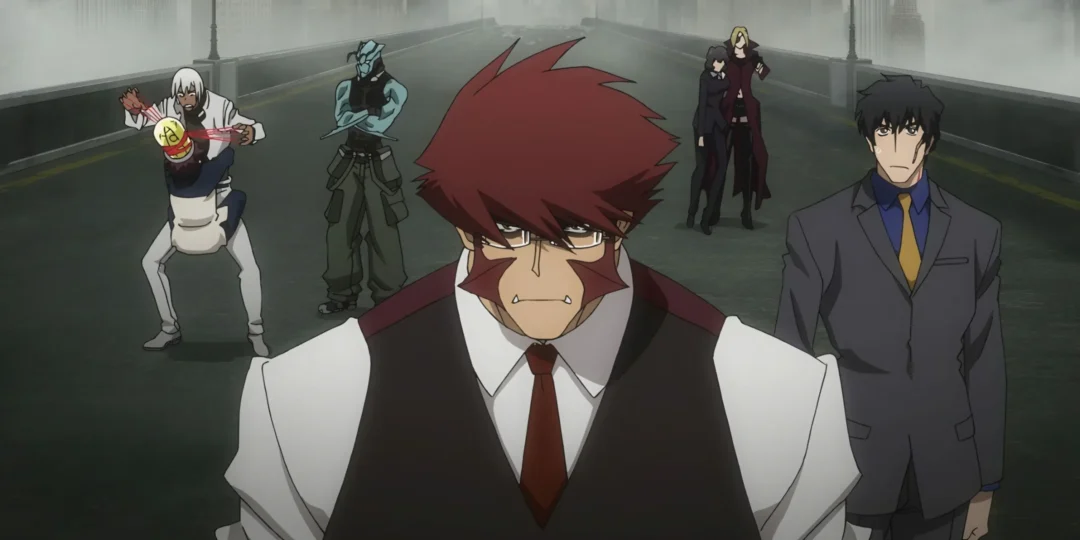The battle against manga piracy is far from over, even as legal actions and technological countermeasures continue to chip away at the illegal distribution networks. A recent court case in the United States is aiming to make a significant impact on the illegal manga scene, specifically targeting individuals who were allegedly involved in the large-scale unauthorized distribution of Shonen Jump manga content. While the legal process is still underway, this case highlights the constant cat-and-mouse game between creators and distributors on one side and pirates on the other.
The Ongoing Struggle Against Manga Piracy
Despite increased awareness of the harm that piracy causes and the growing number of legitimate platforms offering digital manga, the problem persists. Pirated manga scans, known as “scanlations,” are readily available on numerous websites and online forums, often within hours of their official release in Japan. The accessibility and convenience of these pirated copies make them a tempting alternative for many readers, especially those who don’t have access to official distribution channels or find them too expensive.
The situation is complex. Many fans rely on fan translations and scanlations due to the slow localization of some series in the West or because they prefer the initial fan translations. Furthermore, the manga landscape is not consistent globally. This creates a demand for alternatives, which the pirates are more than happy to fulfill. The convenience of pirated content is also a significant factor. Readers can often access entire series for free, without any subscription fees, unlike official platforms. This makes the economic incentive for piracy obvious.
Shonen Jump and the Fight for Its Copyrights
Shonen Jump, published by Shueisha, is one of the most influential manga magazines in the world, featuring hugely popular series such as One Piece, Naruto, My Hero Academia, and Demon Slayer. Protecting its intellectual property is a high priority for Shueisha. The company has been aggressively pursuing legal actions against those who infringe upon its copyrights. These legal battles range from issuing cease-and-desist notices to suing website operators and even individuals who are involved in scanlations.
Shueisha has also been investing heavily in making its content more readily available to international audiences through official digital platforms like Manga Plus, which has been instrumental in offering official translations simultaneously with the Japanese release, thus undercutting some of the appeal of scanlations.
The Current Court Case
The current legal action in the United States is particularly noteworthy because it doesn’t just target website operators but also individuals who are alleged to have been directly involved in distributing scanlations of Shonen Jump manga. While the names of the people have not been released, the scale of the operation allegedly involved thousands of manga chapters and an intricate network of scanlation. The goal of the lawsuit is not just to shut down a particular group but also to set a precedent that will deter other pirates.
The case is expected to bring to light the inner workings of scanlation groups. It may provide information about the process, the people, and the infrastructure involved in the illegal distribution of copyrighted content. This could potentially give law enforcement and right holders better strategies for future enforcement.
The Impact of Piracy on the Manga Industry
Manga piracy has a significant impact on the manga industry. It undermines the revenue streams of publishers and creators and reduces their ability to create new works. When readers choose to access content illegally, they are not only harming the creators but also the wider ecosystem that supports the manga industry.
The Financial Toll
The financial repercussions of manga piracy are substantial. Publishers invest heavily in the production and distribution of manga. When this content is pirated, publishers lose potential revenue from sales. This also has a knock-on effect on the creators who rely on royalties to earn a living. The loss of revenue can impact their ability to continue creating.
The Creative Toll
Beyond financial loss, there is also a creative toll on creators and the industry in general. When creators know their works are being distributed illegally, it can discourage them from taking creative risks. It can also lead to a reduction in the overall quality of work produced if creators are not adequately rewarded for their labor. This could stifle new talent and innovation in the industry.
The Future of Manga Piracy and Legal Battles
The fight against manga piracy is a complex issue with no easy solutions. While legal actions such as this one against Shonen Jump pirates may be seen as a move in the right direction, it’s unlikely to be the end of piracy. The pirates are constantly adapting their methods, making it difficult to eradicate them completely.
Evolving Tactics
Pirates are constantly finding new ways to share copyrighted material, including using new file-sharing platforms, social media groups, and encrypted messaging services. This adaptability and ability to quickly learn new methods make it very difficult for publishers and legal authorities to shut them down permanently.
The Importance of Education
Alongside legal actions, education is also a key component in combating piracy. If more fans understand the harm it causes and are made aware of the availability of legitimate options, they may be less inclined to access pirated content.
Improving Accessibility
Manga publishers must also continue to improve the accessibility of their content to the global audience. This includes making content available in more languages, at reasonable prices, and on easy-to-use platforms. The success of official digital services such as Manga Plus shows that readers are willing to use legal platforms if they are affordable and convenient.
Conclusion
The recent court case in the United States against alleged Shonen Jump manga pirates is a significant development in the ongoing battle against manga piracy. While this action may not completely eliminate the problem, it sends a strong message about the consequences of copyright infringement. The fight against piracy is likely to continue for the foreseeable future, but it is hoped that legal actions, along with technological advancements and education, will help to reduce the impact of piracy and help the manga industry to thrive.

